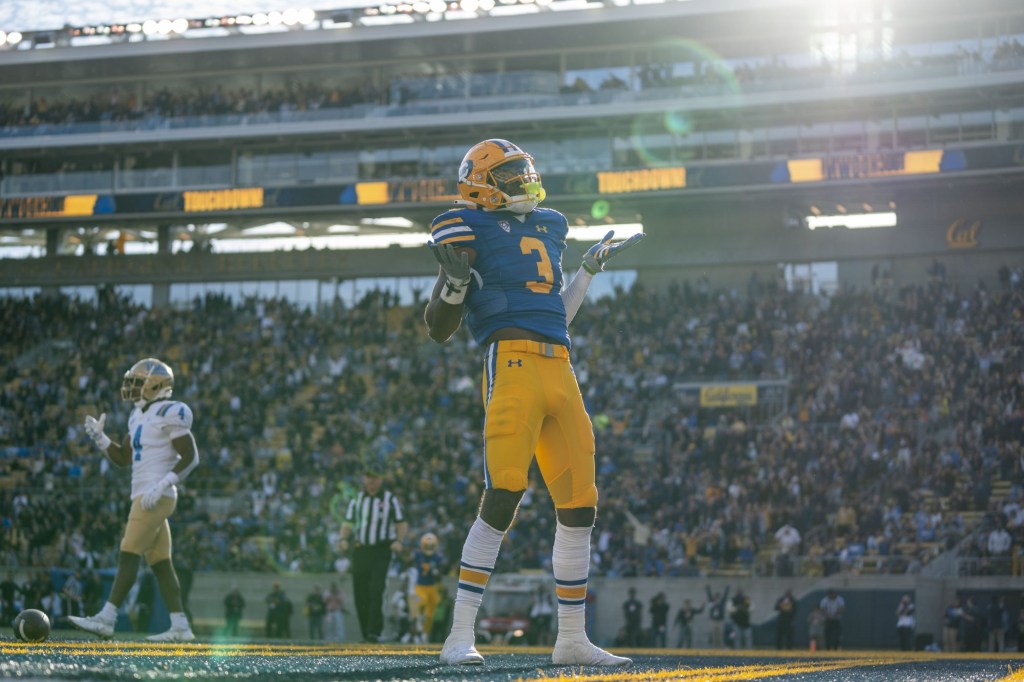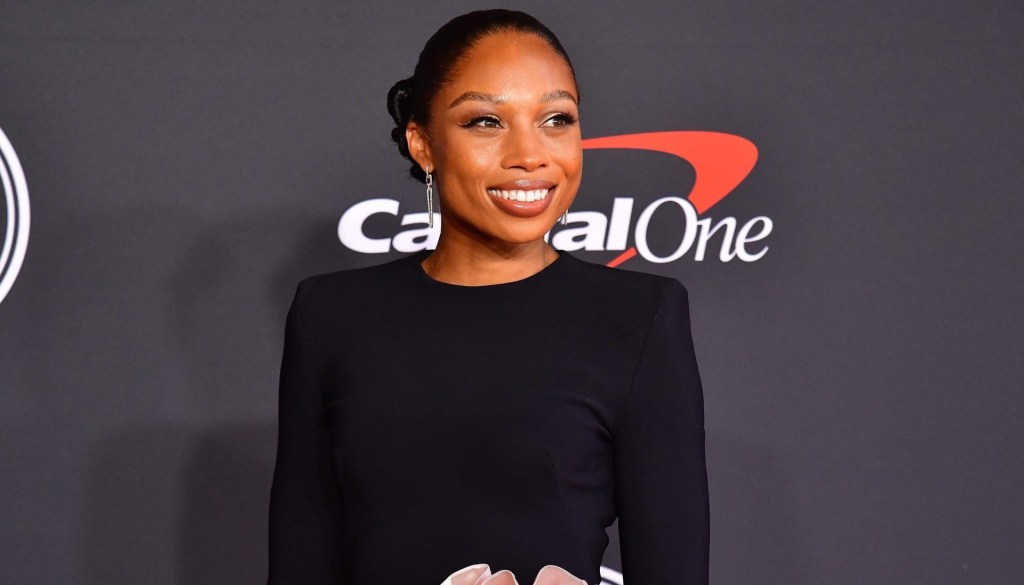By: Adam White, @FOSAdam
Front Office Sports is proud to have sat down with Mark Conrad, Director of the Sports Business Concentration and Associate Professor of Law and Ethics at Fordham University. He is an alumnus of City College of New York where he received his Bachelor of Arts in Political Science. He is also an alumnus of New York Law School where he received his JD and finished his schooling career with a Masters Degree in Journalism from Columbia University. He was gracious enough to offer up his insight on what it takes to be successful in the sports law industry.
What were your previous positions prior to your current position? How did they help you get to where you are today?
I’ve been teaching at Fordham for 28 years so that’s really been my position for a while. Before that, I taught at another college for a year and, before that, I was a legal journalist for the New York Law Journal.
I never really wanted to practice law and I always had an interest in teaching as I felt it would be a good extension of my writing. I’ve had a great time teaching so far.
When I first got to Fordham, my area of expertise was media law, but eventually it became too technical for me and I saw that sports law was starting to flourish so I made the change.
I started teaching an elective class in sports law and then from there I started writing more about the subject. We wanted to expand the curriculum at Fordham so we started a Sports Business program and I became the director.
What is the average day like for a person in your position as the Director of the Sports Business Concentration at Fordham? What are the day-to-day challenges?
There really is no average day. It’s more cyclical than daily. We are starting to work on the symposium we are hosting in March, which is one of the biggest things we do all year.
The challenges are the fundraising aspect of my job. We are trying to build the program and it is definitely a process to try and generate income for the program.
What are some tips you have for people who are trying to become successful in the legal aspect of the sports industry?
Anybody that wants to be a sports lawyer really has to be familiar with the business. I think the problem is that there is a disconnect between law school education and the business world especially in sports. To be really good, you have to know the business.
How important is networking in your eyes?
Networking is huge. So many people want to get into this business. What is going to make you different is who you know.
What is the best career advice you’ve been given so far?
Keep learning, find your opportunities, think outside of the box and know your business and know everything you can about new media and technology.
How do you see the legal landscape of sports changing over the next few years? What would you like to see done differently?
College Level: I think we are in the midst of a revolution right there. The NCAA system is broken and everyone knows it is broken. The question is what is going to replace the current system. The conferences have taken greater power.
Professional Level: I don’t foresee major changes in structure. I do foresee the greater control of media rights being an equalizing force. Gone are the days of big market teams buying up all of the free agents. Better revenue sharing records will be key.
International Level: I think you’re going to see a crackdown on how performance enhancements work and what is allowed. I think the future of the Olympic movement will be in doubt because of the fact that the cost for the games is just too high. Cities and governments just aren’t willing to put out that much money for a limited return.
If you had to hire someone today for a legal position in sports, what traits would you like a candidate to possess?
Knowledge of the business, a good mind to deal with problems, where they see the industry is going, how well they work with people and some financial training.
I don’t care of the person is a fan of the sport or not as long as they do a good job.
What is one thing you look for on a resume/ application that makes a candidate stand out from the rest of the applicants?
The background they have had in sports, a good business education and having a good computer background. It is honestly so key.
If you were a student today what would you do to prepare yourself to enter the challenging legal setting of sports?
The most important thing in my mind would be to take an anti-trust class. It’s tough but you learn economics and Anti-trust and everything that goes along with it. Oftentimes, the things you learn in this class invariably come up in the sports industry.
















